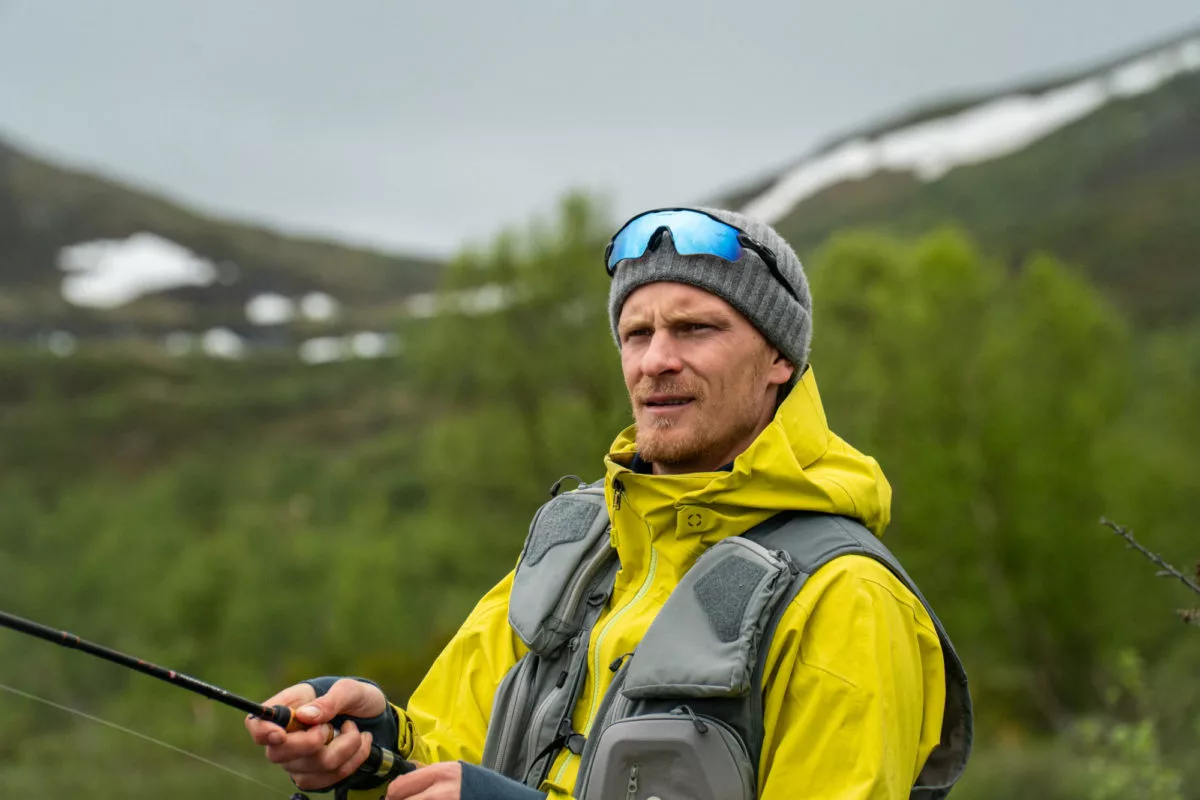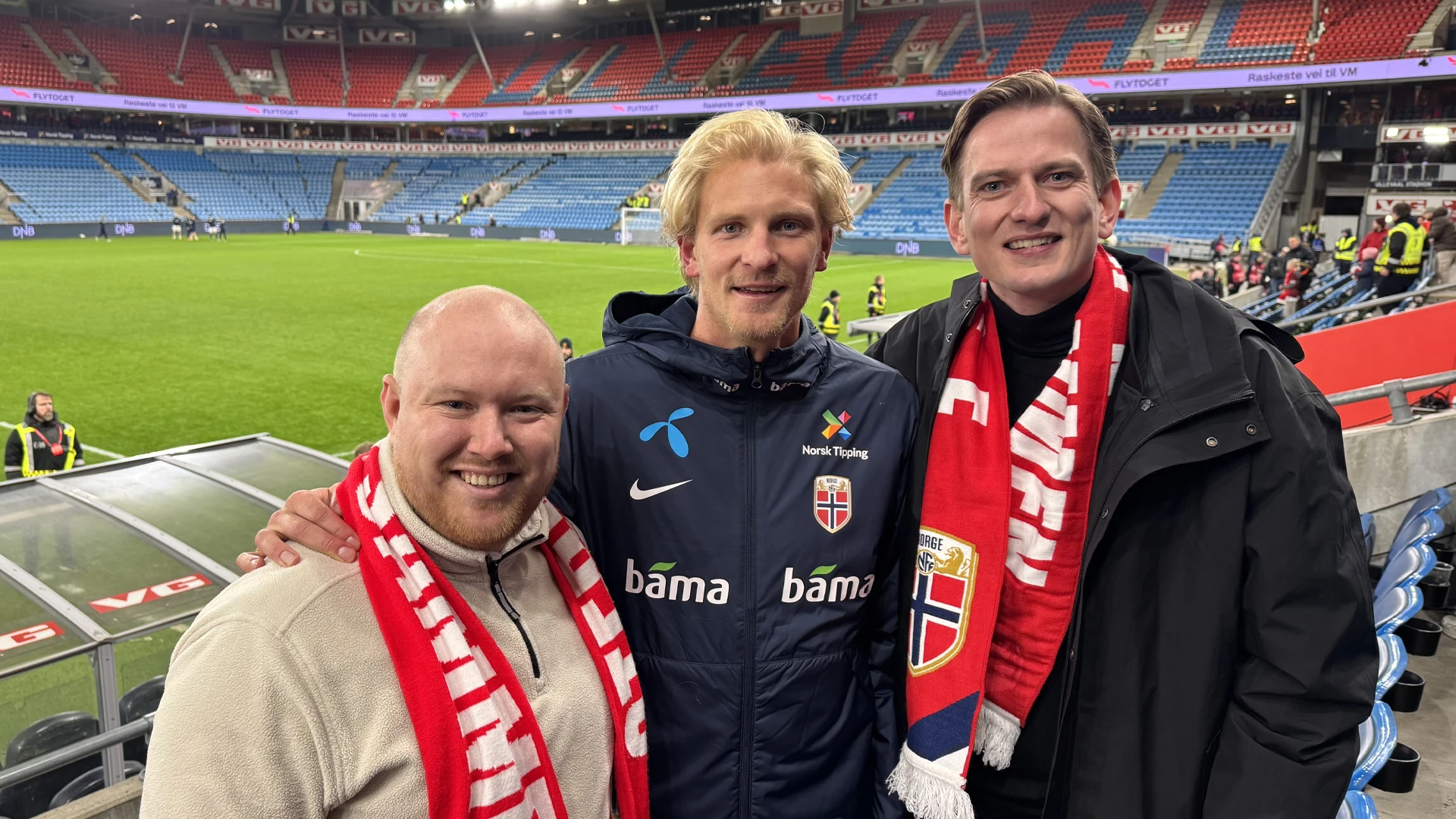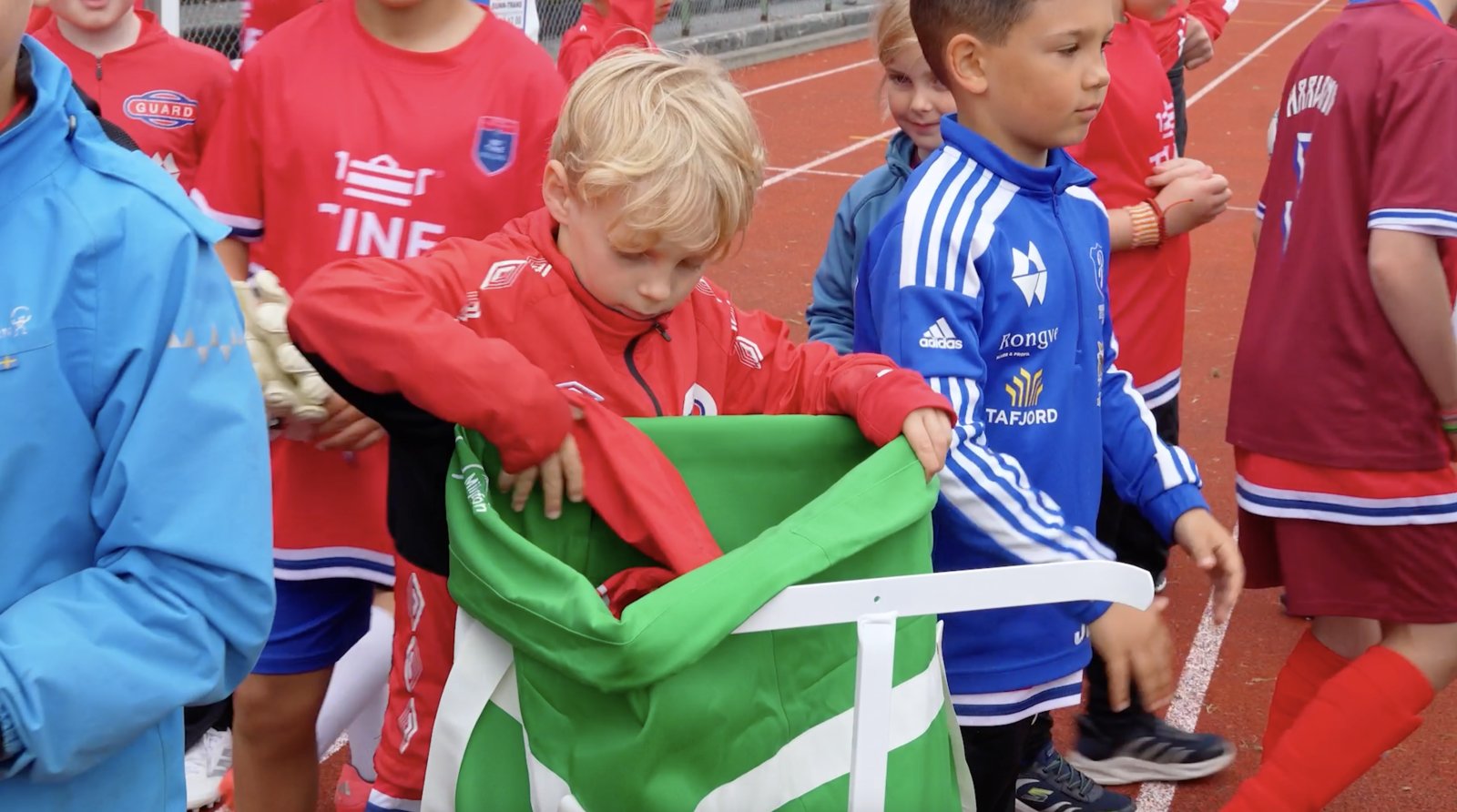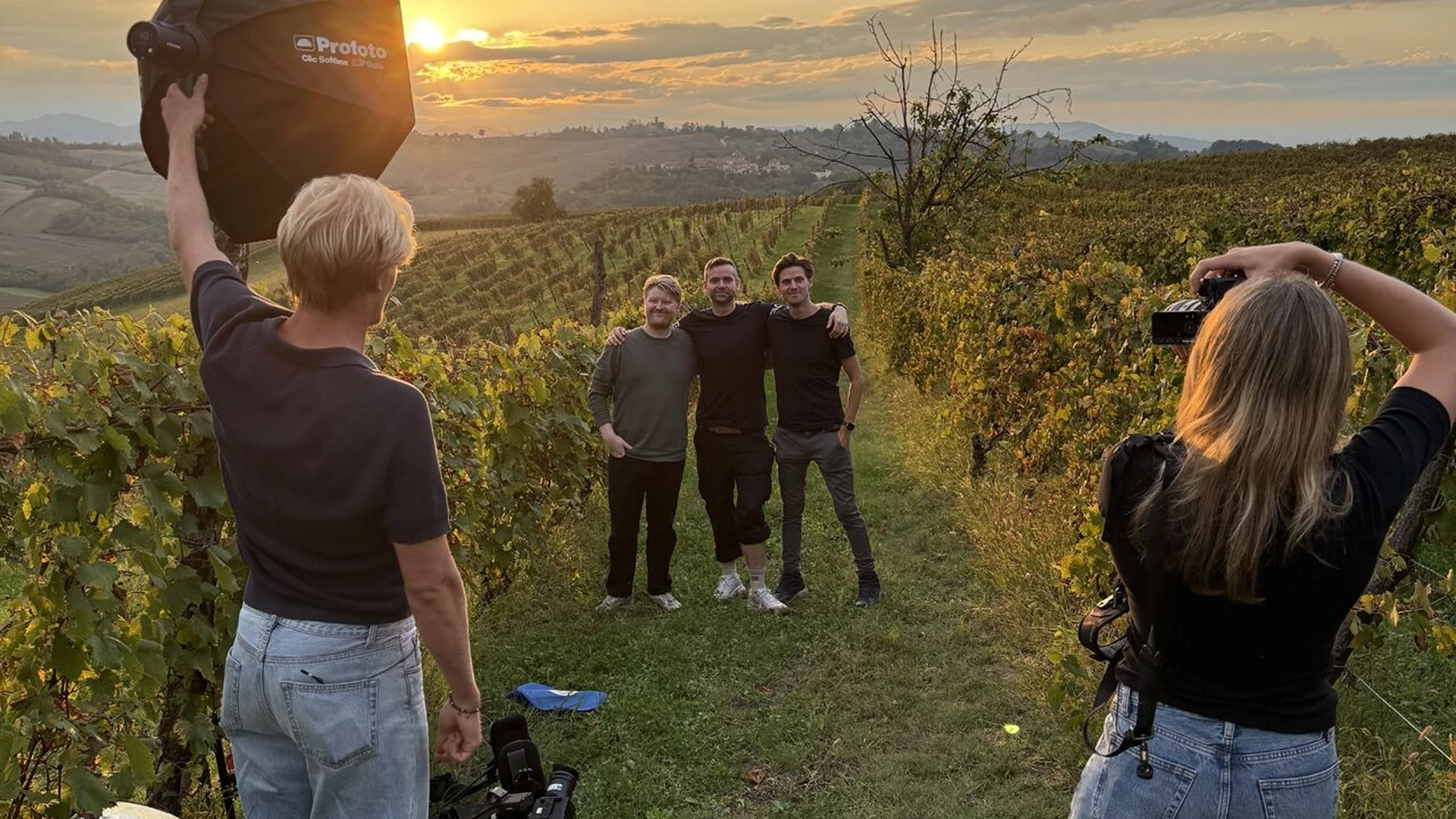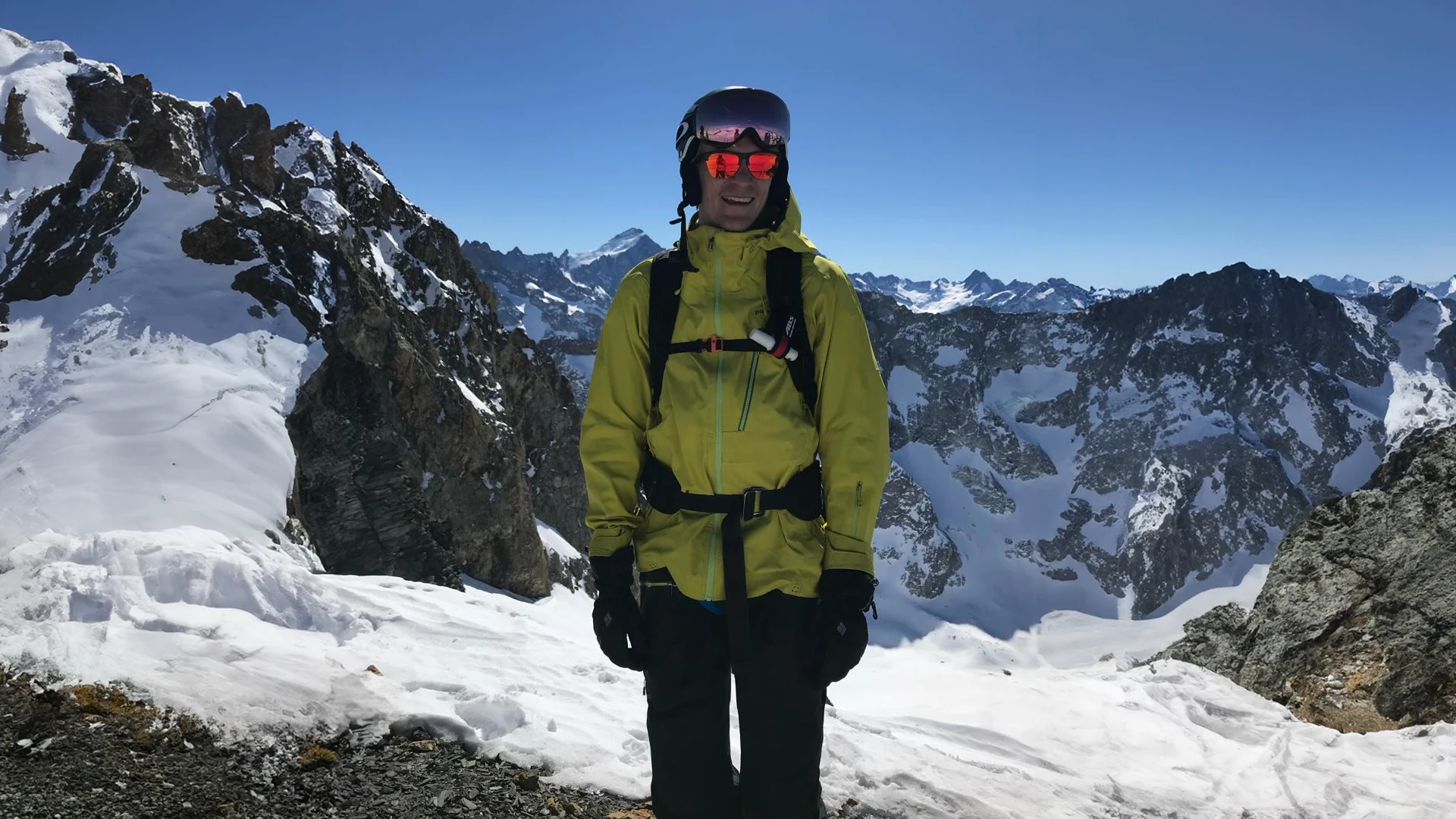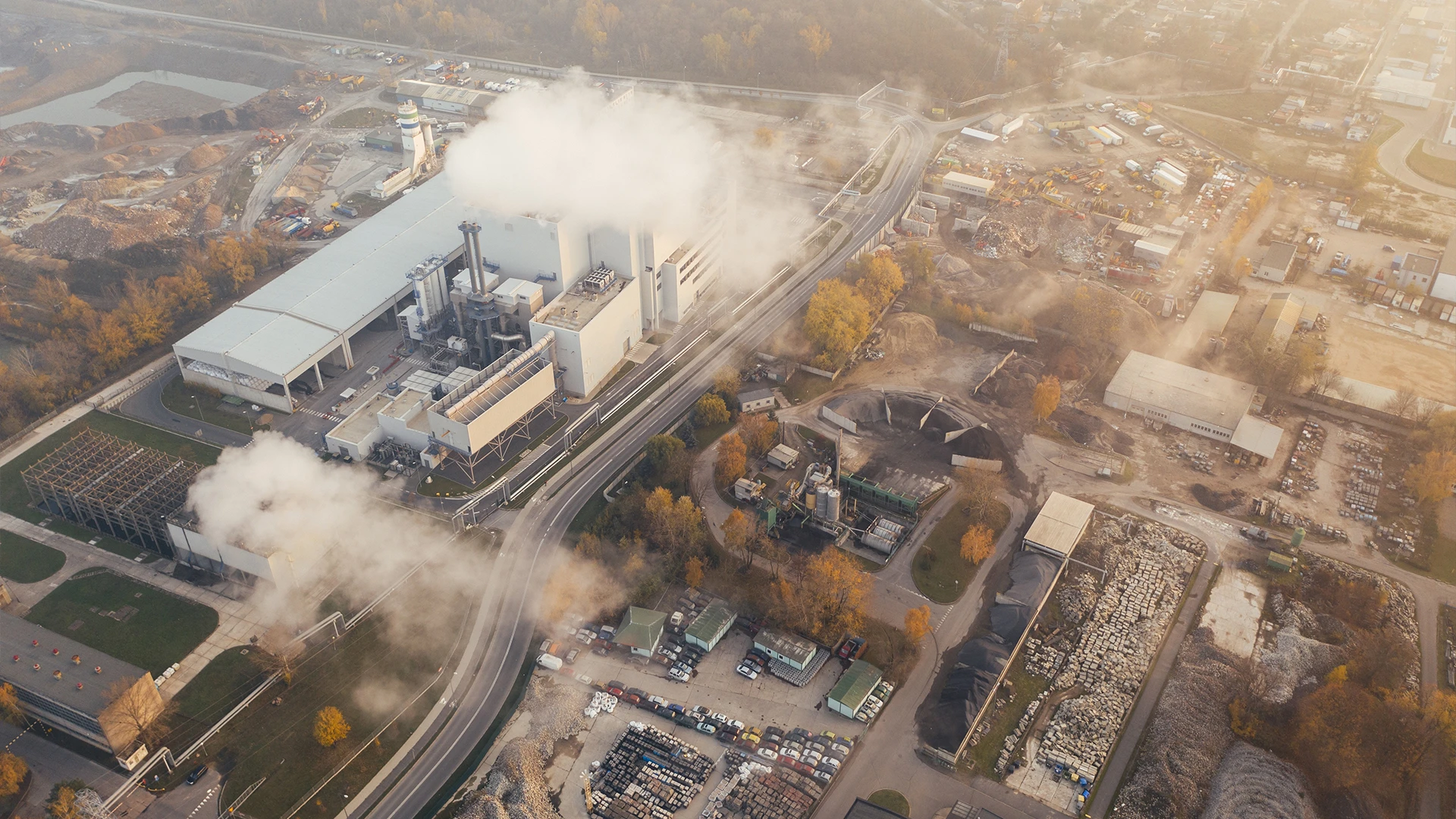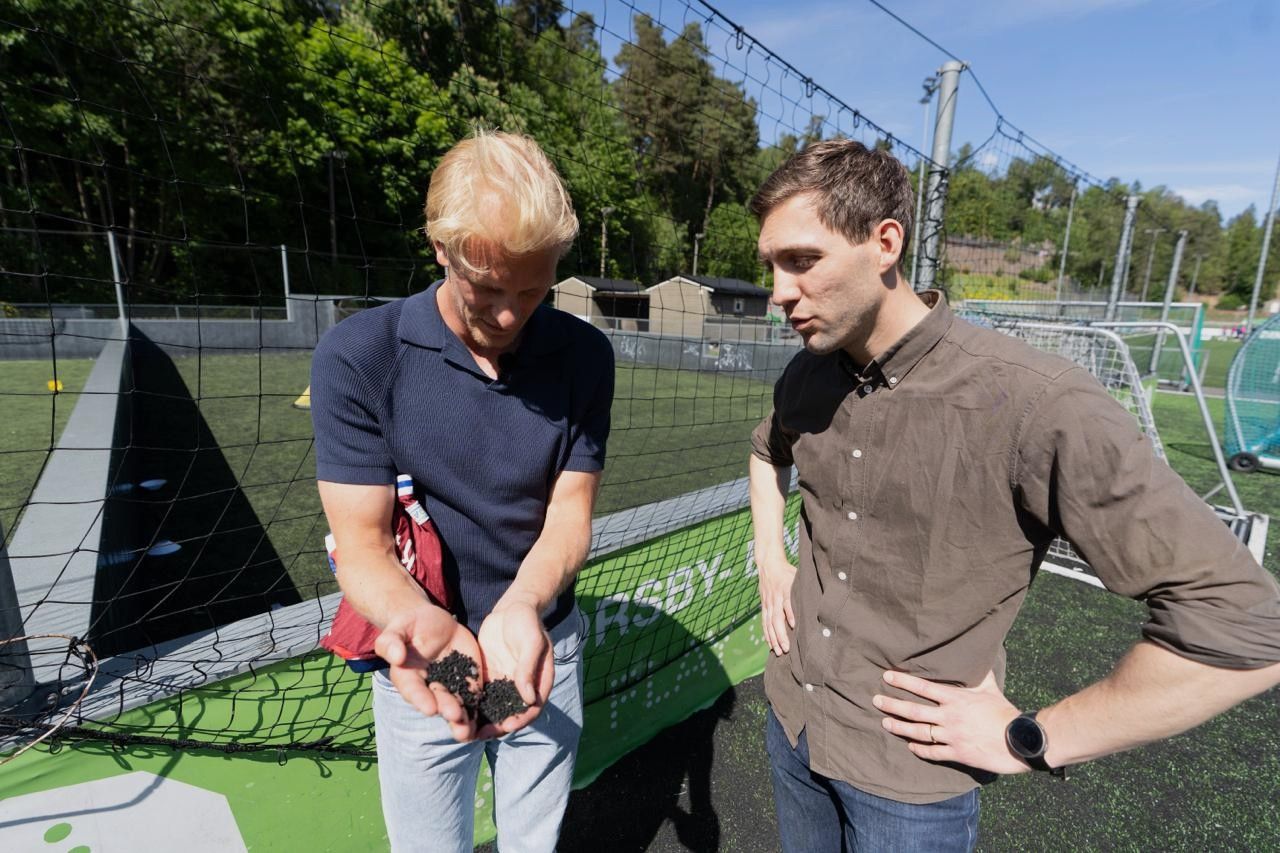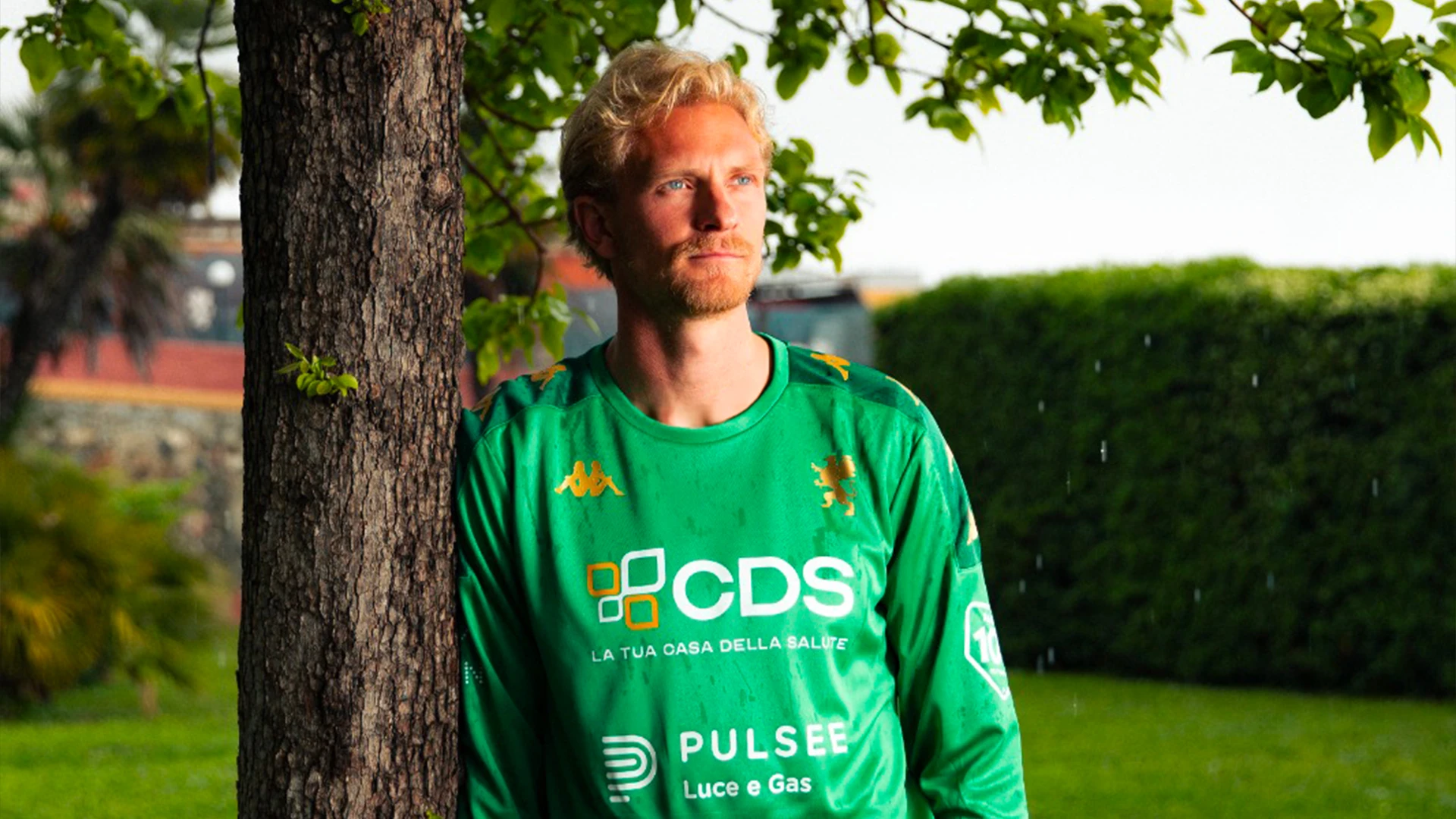Event, Player
Diane at UEFA
3 min. Read · Published by WPG on 09/11/23
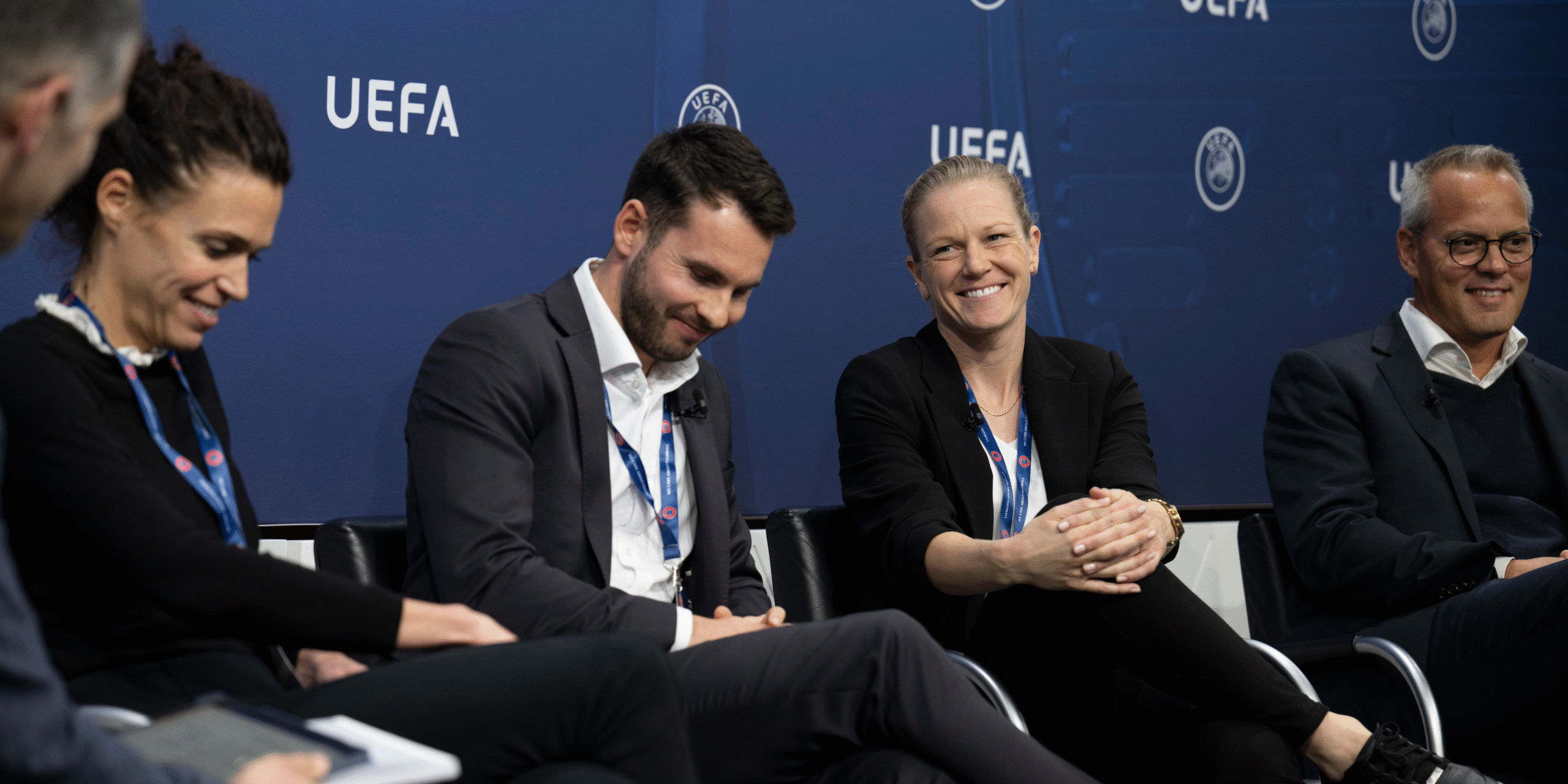
#2 Stories by We Play Green
3 min. Read · Published 09 Nov 2023
Diane Caldwell, our WPG team player and a defender for FC Zürich Frauen and the Republic of Ireland national team, was one of the key speakers at UEFA’s circularity Guidelines panel.
On the 8th of November at the UEFA HQ in Nyon, Switzerland, Diane took the stage with key football stakeholders to talk about the importance and best practices of bringing circularity into the football world. Representing football players, Diane got to highlight the large and small acts footballers can do, from meeting with their clubs and encouraging their teammates, to asking key football institutions to prioritize the planetary crises.
Diane is already a wonderful role model for circularity as she tries to incorporate it into her daily life. Diane shared the story of how her tenacity for sustainability led to her convincing her old climate stripes-supporting club, Reading FC, to be more circular.
After noticing that her club was using single-use plastics in the canteen, she recounted, “I was thinking, why are we doing this? So, I had a meeting with the club, and they instilled reusable utensils after that discussion. That was a very simple act, but it had quite a big impact thinking about the daily runnings of a football club.”

Next on the panel agenda was discussing the overproduction and consumption of football gear. A staggering 60% of club gear is thrown out each season. As a professional player, Diane can vouch for the exaggerated overproduction and consumption culture that comes with being a footballer, as well as the small things she does to encourage her teammates to be less wasteful –
“As a footballer, you’re inundated with stuff. I see it every day. I have teammates that wear brand new boots maybe a couple of times before going over to the trash (to bin them). And I say woah, why are you putting that in the bin? Can we not donate that to charity or the grassroots for someone to use? It’s about changing that mentality to can we reuse it”.
To tackle this issue, WPG has created the “WPG collection”, which is a collection and recycle initiative that offers used football garments as-a-service to grassroots clubs.
The discussion ended with a recommendation from each panelist. Diane’s was to prioritize the climate and environmental crises.
She said, “The key is that it (the planetary crises) has to be at the top of the priority list for associations, clubs, and governments. It’s the most urgent. I’m excited to see that 4 of the 11 (UEFA sustainability guidelines) are about the climate and the environment, but I think they need to be put as the number one priority. This is not to discourage the others, but I think that if you take care of the planetary crises, then the other social and economic problems won’t worsen”.
We’re very proud of Diane for having represented football players in this ever-so-important discussion with football stakeholders. In conclusion, there are many ways in which football can drive the culture of circularity, but it just needs to be prioritized and talked about amongst the global football family.
Click here to watch the panel recording.

The panelists from left to right, the mediator and Sky Sports presenter, David Garrido, the Senior Director of Sustainability Direction for Adidas, Viviane Gut, Advisor to the Board of Eintracht Frankfurt Fussball AG, Philipp Hessberger, WPG Player and professional footballer for FC Zürich Frauen and the Republic of Ireland national team, Diane Caldwell, the Head of Brand Operations at UEFA, Thomas Klar, and the Director for I Went Shopping Today, Joanna Czutkowna.
Share the article
More #2 Stories
Latest updates, news and stories from the #2 community.
